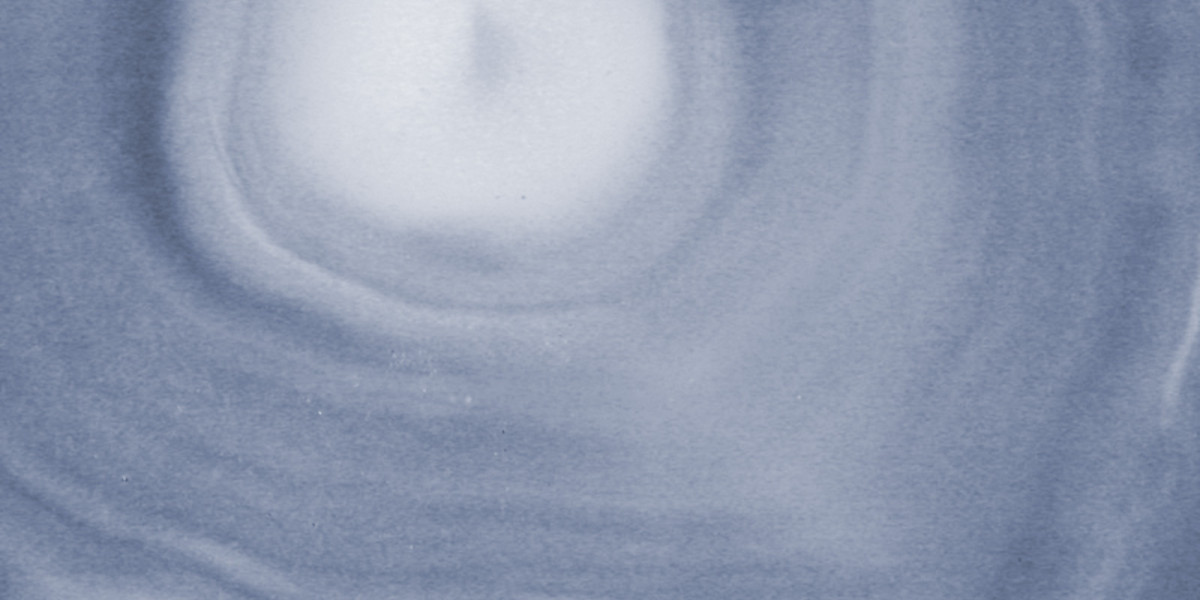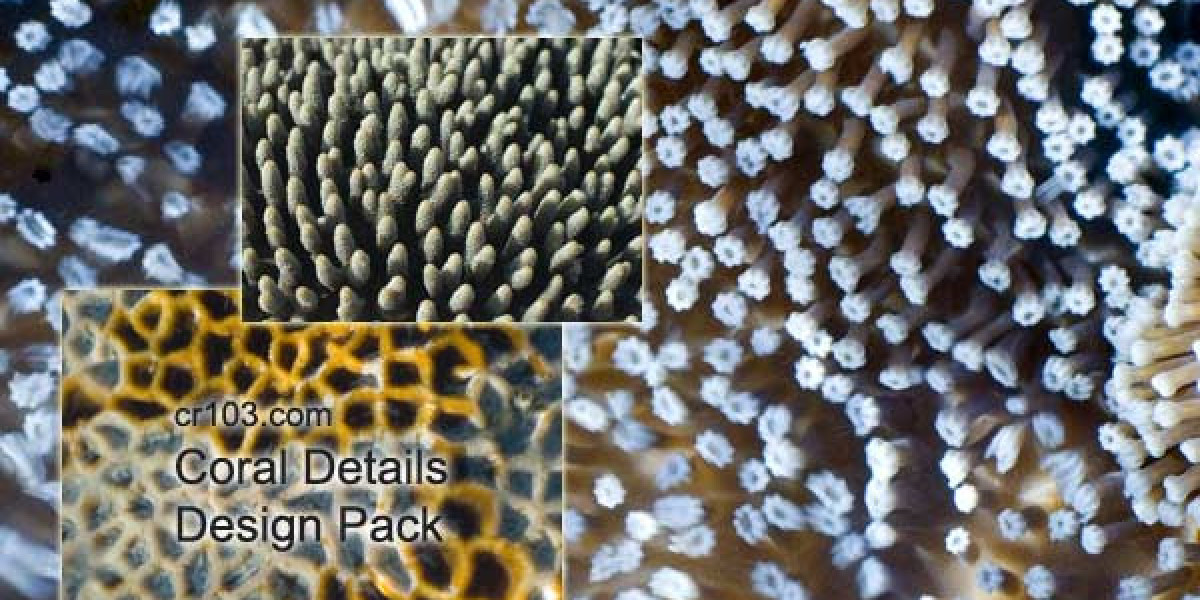What Is KPV?
KPV stands for lysine-proline-valine, https://lejournaldedubai.com/user/stepchard1 three amino acids arranged in a specific sequence that gives the peptide its biological activity. The peptide is naturally found in various tissues, particularly within the mucosal lining of the gastrointestinal tract and the skin. When extracted or synthesized, it can be administered orally or via injection to target inflammation pathways that are often triggered by high-intensity exercise.
The microscopic miracle peptide for inflammation, skin health, and gut repair
KPV’s reputation as a "microscopic miracle" stems from its multifaceted role in dampening inflammatory responses while simultaneously promoting healing. In the context of bodybuilding, it is especially valuable because strenuous workouts can cause micro-trauma to muscle fibers, joints, and connective tissue. This damage triggers an inflammatory cascade that, if unchecked, can lead to pain, swelling, and reduced performance.
Powerful anti-inflammatory effects
The primary mechanism behind KPV’s anti-inflammatory power involves its interaction with the chemokine receptor CXCR2 on neutrophils and other immune cells. By binding to this receptor, KPV blocks the recruitment of these inflammatory cells to sites of injury or stress. As a result, it reduces the release of pro-inflammatory cytokines such as interleukin-6 (IL-6) and tumor necrosis factor alpha (TNF-α). In practical terms for bodybuilders, this means less swelling around muscles, quicker recovery times, and a lower risk of overuse injuries.
Additional anti-inflammatory pathways include the modulation of nitric oxide production and the inhibition of nuclear factor kappa B (NF-κB) signaling. Both of these pathways are key drivers in chronic inflammation that can hamper muscle growth and overall athletic performance.
Skin health benefits for bodybuilders
Bodybuilding often involves intense training sessions, heavy lifting, and sometimes high-pressure environments such as gyms with poor ventilation or exposure to sweat-rich conditions. These factors can compromise skin integrity, leading to rashes, acne, or delayed wound healing on cuts and bruises. KPV’s anti-inflammatory properties help calm irritated skin by reducing the infiltration of inflammatory cells into dermal tissues.
Moreover, KPV has been shown to promote collagen synthesis by stimulating fibroblasts in the dermis. Collagen is essential for maintaining skin elasticity and resilience, which are important when dealing with repetitive stress on joints and tendons. Enhanced collagen production can help prevent micro-tears in connective tissue that may arise from heavy lifting or high-impact plyometric training.
Gut repair and its relevance to bodybuilding
A well-functioning gastrointestinal tract is critical for nutrient absorption—particularly protein, vitamins, and minerals needed for muscle synthesis. High-protein diets are common among bodybuilders, but intense training can sometimes lead to gut permeability issues or inflammation in the intestinal lining. KPV’s ability to reduce gut inflammation helps maintain a healthy mucosal barrier.
Research indicates that KPV reduces the expression of pro-inflammatory markers within the colon and promotes the growth of beneficial microbiota. By preserving the integrity of the gut lining, athletes can enjoy better digestion and absorption of amino acids, which directly contributes to muscle repair and growth.
Practical applications for bodybuilders
- Supplementation Timing
- Combination with Other Recovery Protocols
- Monitoring Response
- Safety Profile and Side Effects
- Legal Status in Competitive Sports
Long-term benefits of consistent KPV use
When incorporated into a long-term training plan, KPV can contribute to several key outcomes:
- Reduced downtime: Less time spent dealing with soreness or inflammation means more training volume over the season.
- Improved joint health: Chronic inflammation in tendons and ligaments is a common cause of injury; KPV’s anti-inflammatory action helps maintain these structures.
- Enhanced skin resilience: A stronger dermal barrier reduces the risk of cuts, abrasions, or acne that can interrupt training cycles.
- Optimized nutrient absorption: Healthier gut lining ensures that protein and micronutrients are efficiently utilized for muscle repair.
KPV offers bodybuilders a scientifically backed method to curb inflammation while simultaneously supporting skin integrity and gut health. Its small size allows it to interact with key inflammatory pathways, providing relief from the micro-damage that accompanies heavy resistance training. For athletes seeking a natural, non-steroidal supplement that can be legally used in competitive settings, KPV represents an exciting frontier in sports recovery science.








